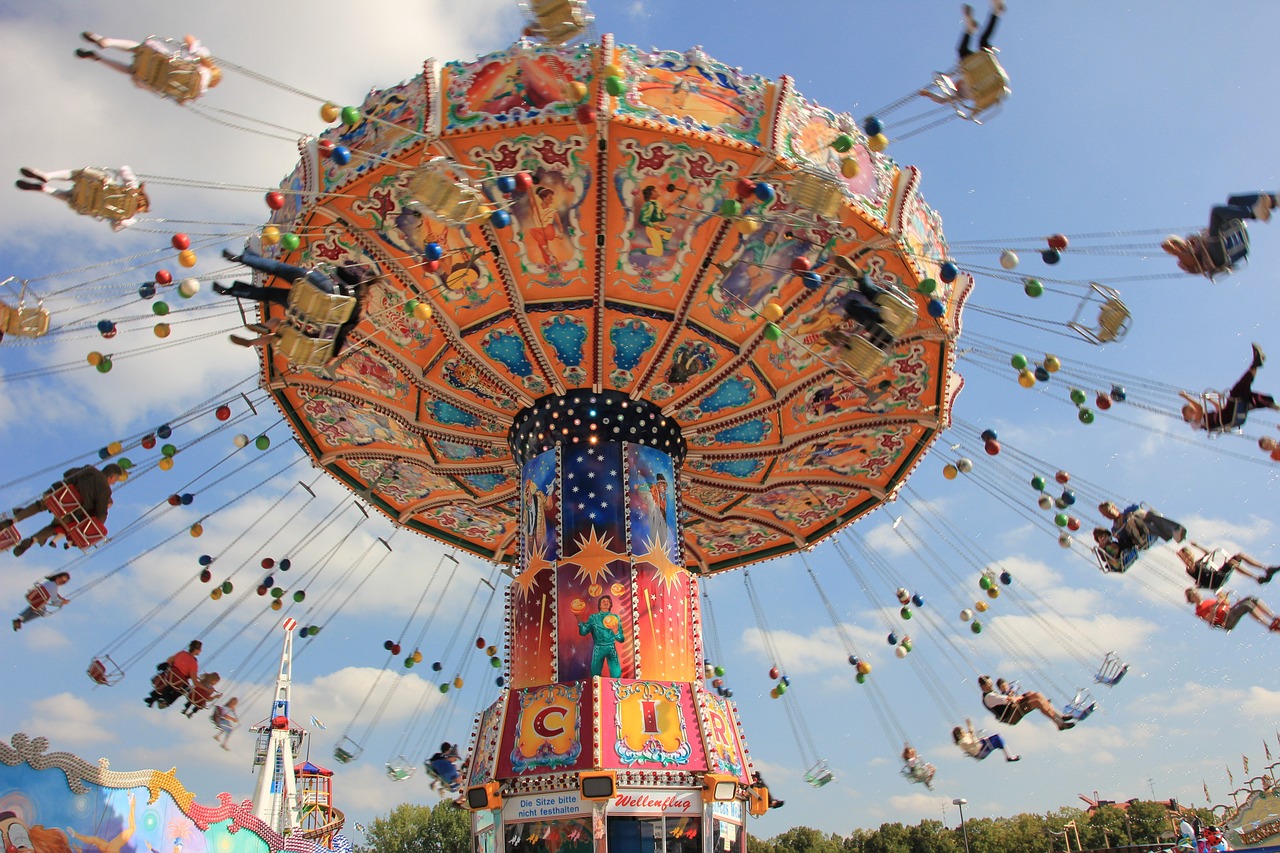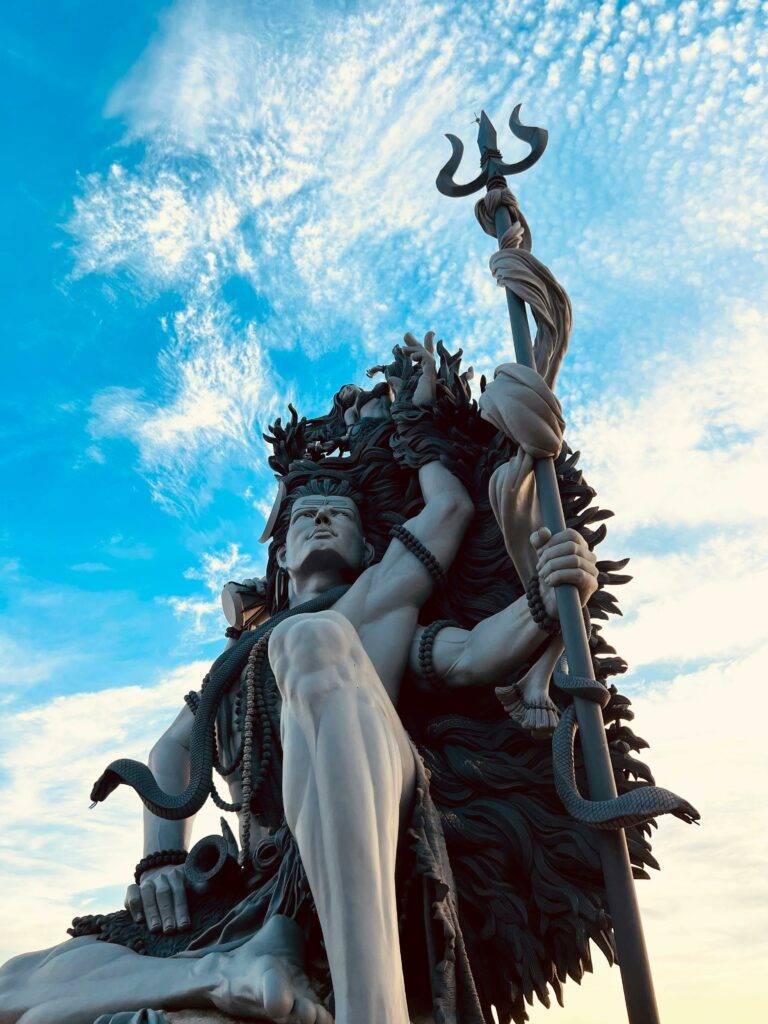Exploring the Cultural Significance of Afrofuturism in Literature
Afrofuturism is a cultural aesthetic and philosophy that combines elements of science fiction, fantasy, and Afrocentrism to explore the experiences of people of African descent. It imagines alternative realities that center black culture and narratives, often set in futuristic or fantastical worlds where technology, tradition, and spirituality intersect.
At its core, Afrofuturism challenges dominant narratives and stereotypes about black identity, offering a platform for marginalized voices to imagine new possibilities and futures. By blending futuristic elements with African traditions and histories, Afrofuturism seeks to reclaim agency and redefine the representation of black people in literature, art, music, and popular culture.
Origins of Afrofuturism in Literature
Afrofuturism traces its roots back to the early 20th century when Black writers began envisioning worlds where African culture and traditions were celebrated alongside advanced technology and science fiction elements. One of the pioneering works in this genre is W.E.B. Du Bois’ “The Comet,” a short story published in 1920 that challenges racial stereotypes and imagines a post-apocalyptic world where survival transcends skin color. Du Bois’ narrative set the stage for more Afrofuturist literature to emerge in the years to come.
In the 1960s and 1970s, as the Civil Rights Movement gained momentum in the United States, Afrofuturist themes became more prevalent in literature as a form of resistance against systemic racism and oppression. Octavia Butler’s groundbreaking novel “Kindred,” published in 1979, blended elements of science fiction and historical fiction to explore the complexities of race, power, and identity. Butler’s work paved the way for a new generation of Black writers to engage with Afrofuturist ideas and push the boundaries of speculative fiction.
Key Themes in Afrofuturist Literature
Afrofuturist literature often delves into themes of identity and belonging, exploring what it means to be Black in a rapidly changing world. Authors frequently examine the complexities of race, culture, and history, envisioning a future where these elements are redefined and celebrated.
Another common theme found in Afrofuturist literature is the intersection of technology and tradition. Writers often imagine worlds where ancient practices coexist with advanced technological innovations, raising questions about how these dualities can shape society and individual experiences.
What is Afrofuturism?
Afrofuturism is a cultural and literary movement that combines elements of science fiction, fantasy, and African history and culture to explore the experiences of people of African descent in the past, present, and future.
What are the origins of Afrofuturism in literature?
Afrofuturism as a literary genre can be traced back to the works of authors like Octavia Butler, Samuel R. Delany, and Nalo Hopkinson in the late 20th century. These writers incorporated themes of race, identity, and technology in their speculative fiction.
What are some key themes in Afrofuturist literature?
Some key themes in Afrofuturist literature include the exploration of African and African diasporic cultures, the impact of technology on society, the experiences of people of color in futuristic settings, and the reimagining of history through a speculative lens.






